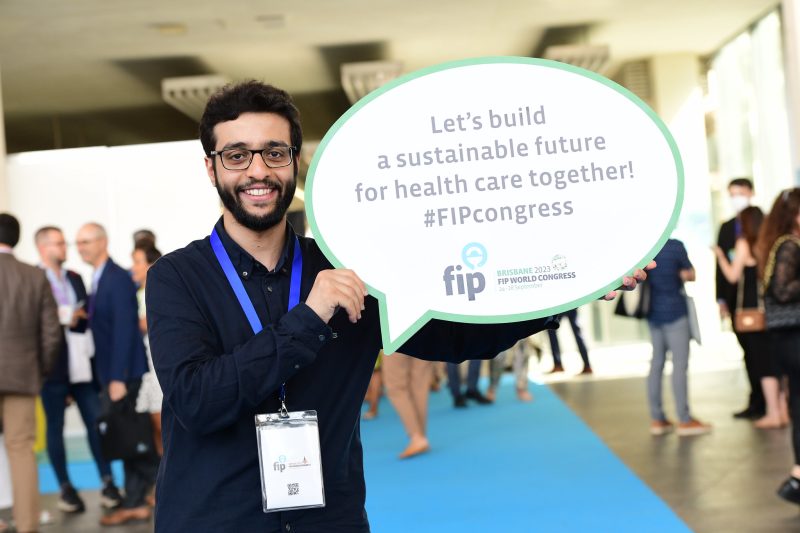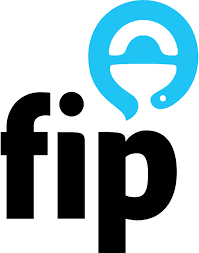Attendees from over 100 countries
Over 4000+ Pan-African & international delegates
Supported by leading industry associations
100+ exhibitors
25+ hours of networking
75 Invited Presentations

The potential for innovation in health care is vast and holds the promise of revolutionising the way we prevent, diagnose and treat diseases. With advancements in technology, data analytics and interdisciplinary collaborations, the healthcare industry is poised to undergo significant transformation in the coming years.
One area of immense potential is precision medicine, which tailors medical treatments to individual patients based on their unique genetic makeup, lifestyle and environmental factors. Rapid advances in genomics and molecular biology have paved the way for personalised therapies, enabling healthcare providers to deliver targeted interventions with greater efficacy and reduced side effects.
Furthermore, artificial intelligence (AI) and machine learning are revolutionising health care by augmenting diagnostic accuracy, predicting disease outcomes and optimising treatment plans. AI-powered algorithms can analyse vast amounts of patient data, identify patterns and provide valuable insights to healthcare professionals, assisting in early detection and decision-making processes.
Telemedicine, telepharmacy and remote patient monitoring have also emerged as transformative innovations, allowing healthcare services to reach individuals in remote locations and improving accessibility and convenience for patients. Virtual consultations, wearable devices and remote monitoring tools enable continuous health monitoring, early intervention and improved disease management.
Additionally, the integration of big data analytics and healthcare data has the potential to unlock valuable insights for population health management, disease surveillance and public health planning. By leveraging comprehensive datasets, researchers and policymakers can identify trends, predict disease outbreaks and design targeted interventions to improve community health outcomes.
Pharmacists are pivotal for healthcare innovation across all settings due to their medication expertise, patient access, medication management responsibilities, collaborative nature, public health impact, technology adoption and contributions to continuity of care.
Their involvement ensures that innovative practices are integrated into everyday healthcare delivery, leading to improved patient outcomes, enhanced safety and advancements in health care as a whole. As such, their efforts aim to improve patient outcomes, enhance medication safety and advance the field of pharmacy.
In summary, the potential for innovation in health care is immense, offering the possibility of more personalised, efficient and cost-effective care. By embracing these advancements, we can envision a future where health care is truly patient-centric, preventive and sustainable.

FIP The International Pharmaceutical Federation (FIP) is the global body for pharmacy, pharmaceutical sciences and pharmaceutical education. Through our 152 national organisations, academic institutional members and individual members, we represent over four million pharmacists, pharmaceutical scientists around the world. Founded in 1912, FIP is a non-governmental organisation with its head office in the Netherlands. Through our partnerships and extensive pharmacy and pharmaceutical sciences network, we work to support the development of the pharmacy profession, through practice and emerging scientific innovations, in order to meet the world’s health care needs and expectations.

The Pharmaceutical Society of South Africa (PSSA) is the largest voluntary professional association for pharmacists and pharmacy support personnel in South Africa. It has over 12,000 members, including pharmacists, community service pharmacists, interns, pharmacist’s assistants and pharmacy students. The PSSA Consists of four sectors, namely the Academy of Pharmaceutical Sciences of SA (APSSA), the South African Association of Community Pharmacists (SAACP), the South African Association of Hospital and Institutional Pharmacists (SAAHIP), and thirteen branches geographically distributed to cover all areas of the country.
The CTICC is a world-class venue for regional, national, and international meetings, conferences, exhibition, trade fairs, banquets, concerts, film shoots and stage productions, where people meet, collaborate, create, and find solutions.
Since opening its door 20 years ago, the CTICC has impacted lives by creating economic opportunities. It is a catalyst for social change and stimulates significant economic growth and job creation in the Western Cape province and is recognised as an invaluable contributor to the sustainable development of the City of Cape Town, the Western Cape, and South Africa.
